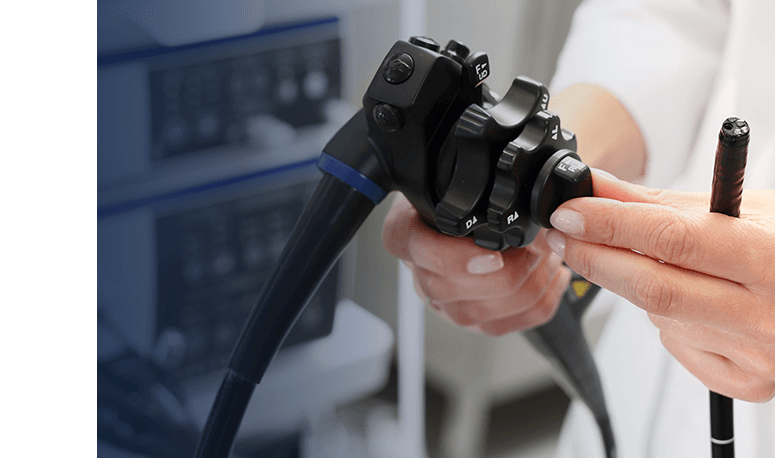Colonoscopy Screening Guidelines

Colorectal cancer is one of the most commonly diagnosed cancers affecting both men and women in Singapore. It often starts as non-cancerous polyps in the colon or rectum, which can develop into cancerous tumours if left untreated. With over 1,800 new cases diagnosed annually, regular colonoscopy screenings are crucial for early detection and prevention of this disease.
A colonoscopy is a medical procedure that allows doctors to examine the inner lining of the colon and rectum. It involves inserting a long, flexible tube called a colonoscope into the rectum. The colonoscope is equipped with a tiny camera and light on its end, allowing doctors to view the entire colon and rectum on a monitor. This helps detect abnormalities such as polyps or early signs of cancer.
It is generally recommended for average-risk individuals to visit a colonoscopy clinic in Singapore for regular screenings starting at age 50. However, for individuals with higher risks, screenings should start earlier and more frequently.
Average-risk Individuals
For asymptomatic individuals and those who have no first-degree relatives with a history of colorectal cancer, it is recommended to start regular colonoscopy screenings at age 50. If the first colonoscopy screening result is negative, colonoscopies can generally be done once every 10 years.
High-risk Individuals
For individuals with a family history of colorectal cancer or a personal history of polyps, colorectal malignancy, or ovarian/endometrial cancer are considered at higher risk for colorectal cancer. General guidelines for these individuals include:
Please note that these are just general guidelines and personalised advice should be sought from your colorectal cancer specialist following a discussion of your individual risk factors and overall health.
To ensure a clear view of your colon during the procedure, follow these preparation steps:
Pre-Colonoscopy Diet
To ensure a clear view of your colon, start a low-fibre diet 3-4 days before your procedure. Avoid high-fibre foods like nuts, seeds, whole grains, and raw fruits and vegetables. Instead, opt for low-fibre foods like bread, rice, pasta, lean proteins, dairy products, and well-cooked fruits and vegetables.
Bowel Preparation
To ensure a clear view of your colon during the procedure, you will need to follow a specific bowel preparation regimen. This typically involves a clear liquid diet and laxative regimen.
Medication Adjustments
Some medications may be temporarily discontinued as they can interfere with the colonoscopy procedure or affect the recovery process. Some of these include:
Choosing the right clinic for colonoscopy screening is important. Our skilled colorectal surgeons at Colorectal Practice are experienced in preventive screenings and treatment of all colorectal conditions. Schedule a colonoscopy today or consult our doctors for more information.